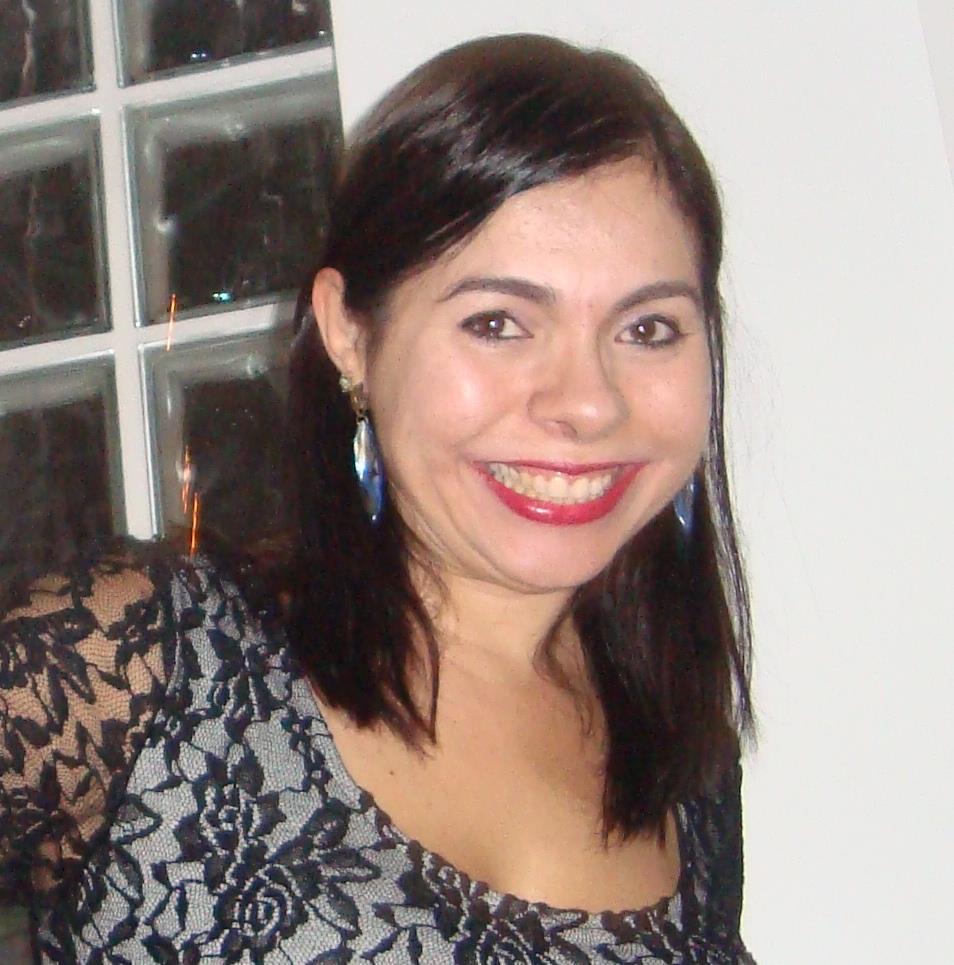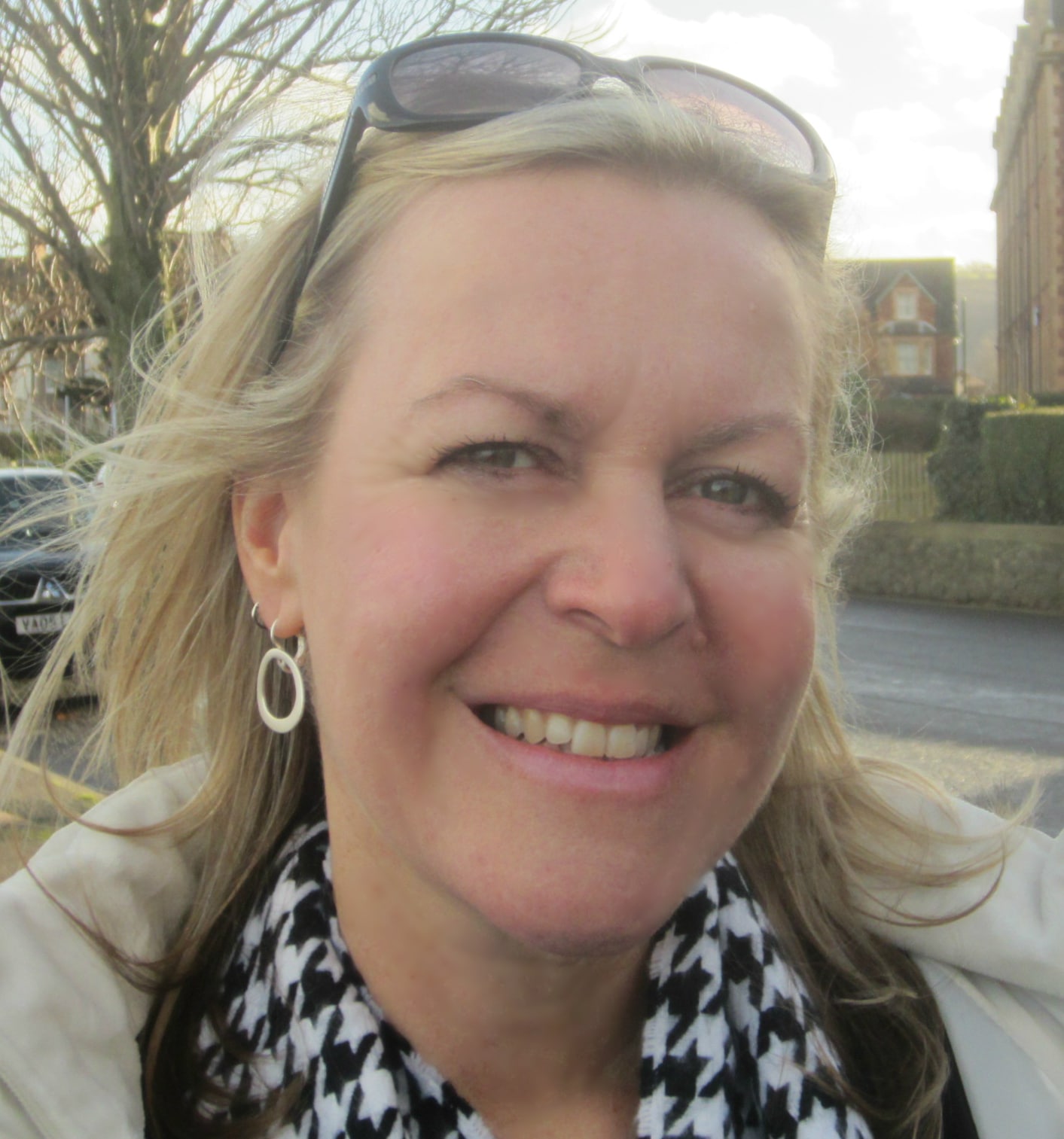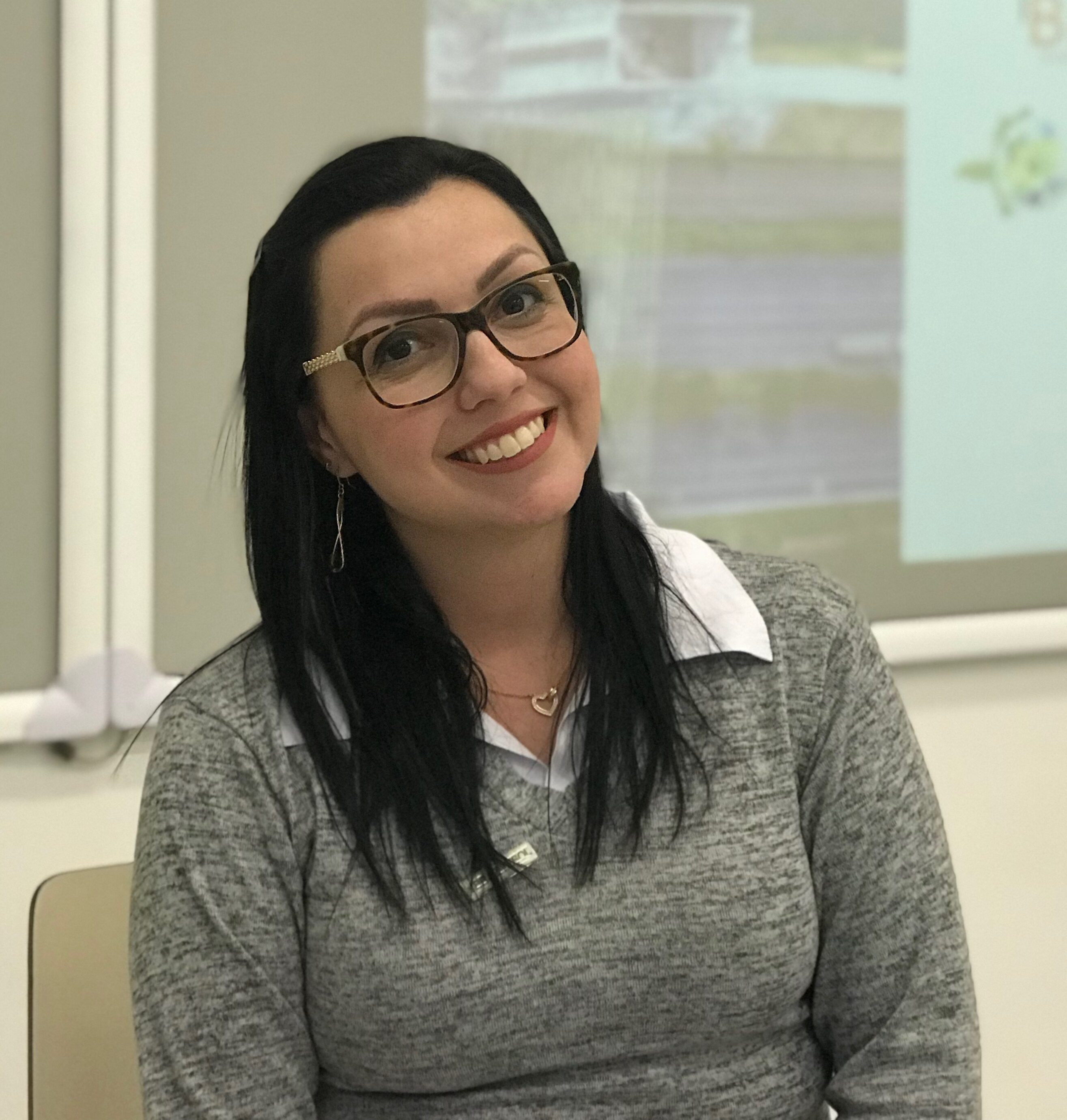Are we ready for ‘real life’ schools?
As a parent and a teacher, one of the things I constantly hear is ‘schools do not prepare students for real life’. This statement, based on my experience, can mean a number of different things, but in general terms it can mean ‘schools do not teach students how to deal with problems/challenges in their professional, social and personal lives’. In other words, schools spend a lot of time on what is called academic knowledge that, at the end of the day, might be just useless for students. Although very few people would dispute the fact that it’s the school’s role to academically prepare students, it’s also true that certain skills are left to take care of themselves on a more individual basis, such as self-defence, dealing with money, autonomous learning strategies, time and stress management, among many others. The list will vary enormously and several schools, to be fair, have been tackling these issues in workshops aimed at students, parents, teachers and, sometimes, at the whole community. However, it’s probably safe to say that there are some issues that are hardly ever discussed. In ELT publishing, for instance, the acronym PARSNIP represents issues writers should NOT include in books. In case you are not familiar with this acronym, it stands for:
Politics
Alcohol
Religion
Sex
Narcotics
Isms (such as in communism, racism, atheism, etc.)
Pork
This acronym, I believe, would also represent topics teachers in general, be it in language courses or in regular schools, are usually advised to keep away from. Why is that? Probably because the community, in general, reacts very badly when the discussion does not necessarily reflect widely-held beliefs and opinions. Therefore, it seems to me that we live in a cruel dichotomy. We expect schools and teachers to deal with ‘real life’ but at the same time we find little receptivity to discuss more controversial issues such as the ones PARSNIPs represent. Who is to blame? The school that focuses too heavily on formal knowledge? The teachers, who are unprepared to deal with these topics? The publishers, who tell writers to stay away from controversy? That’s the easy answer. I suggest that we – as a community with little tolerance for difference and diversity – play a much more important role. Let me exemplify using a situation from last week.
We have all witnessed what happened during the Brazilian elections. We saw friends and family arguing passionately as if the candidates were going to save us all. We saw prejudice and hatred and I was surprised to see facets of very close friends, many of them teachers, which were completely unknown to me. On Monday my daughter went to school and I was afraid she’d suffer some kind of prejudice because she’s from the northeast. That must have been my intuition, as she told me that as soon as the first lesson started a student began criticising the results. The teacher interrupted the student and said they were forbidden to talk about politics. My first reaction was to think ‘the teacher missed a great opportunity.’ However, when I picked up one of my boys at school he asked me who I had voted for. When I asked why he was asking me that he promptly replied he needed to know if I was a liar and a thief. For a five-year-old, the concepts of liar and thief are, of course, more easily understood than listening to both sides and respecting others’ opinions and beliefs. This made me reconsider not discussing politics in class, at least not immediately after these elections, and in the end I came to the conclusion that my daughter’s teacher had made a wise decision.
I’d like to finish by saying that among all skills, learning to listen (without immediately reacting) is probably one of most important and basic skills in life. As the brilliant Luiz Otávio Barros put it in the last BRAZ -TESOL National Convention, ‘the most inspiring, effective and successful teachers I’ve ever met had one thing in common: They were good – no, make that great – listeners.’ The episodes over recent weeks proved that being a good listener is very hard. We cannot blame schools and teachers for not teaching ‘real life skills’ if we, as citizens, fail to deal with listening without prejudice. When we learn that, then we’ll be ready to tackle the PARSNIP issues and understand that ‘real life’ also means dealing with things you do not agree with.






